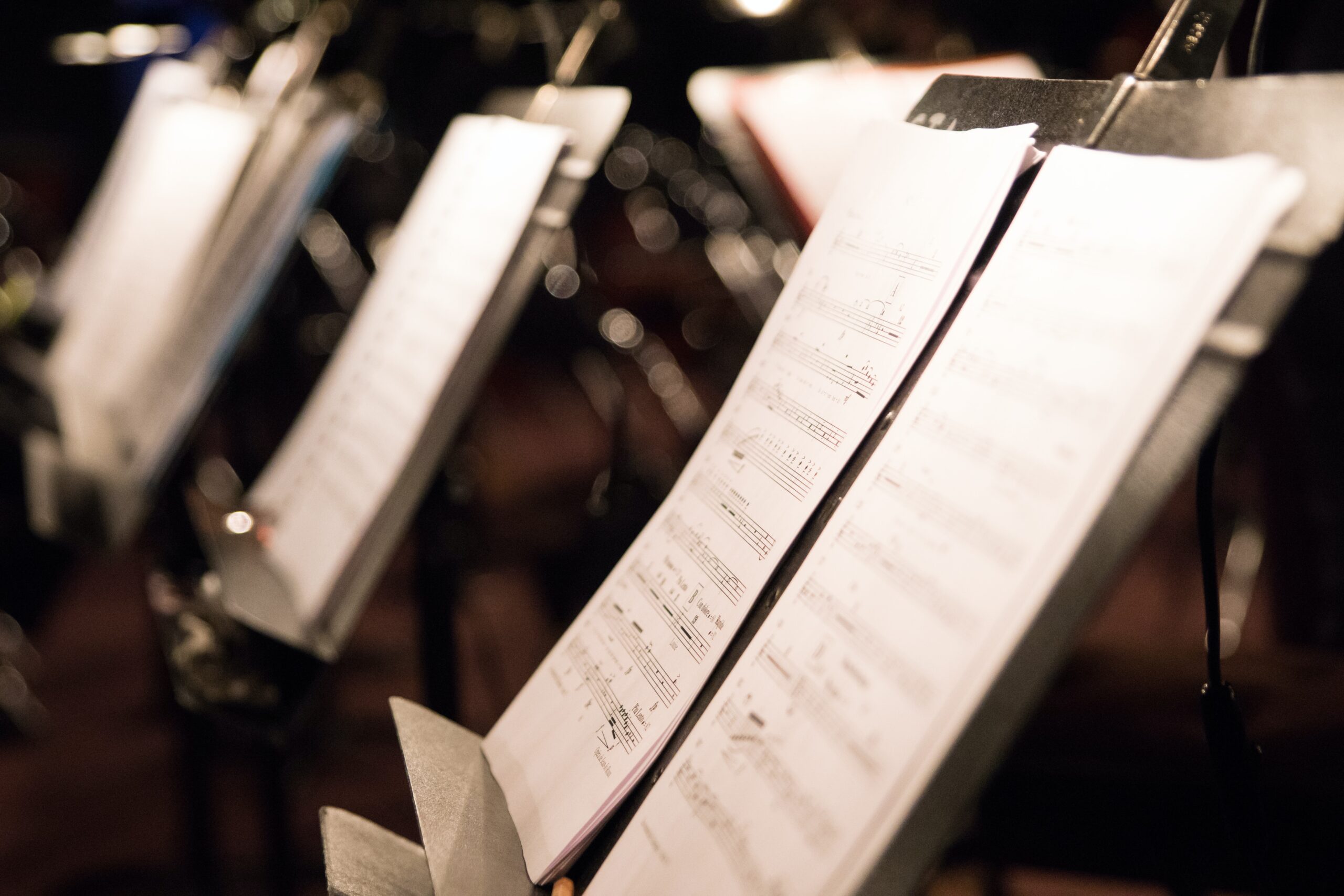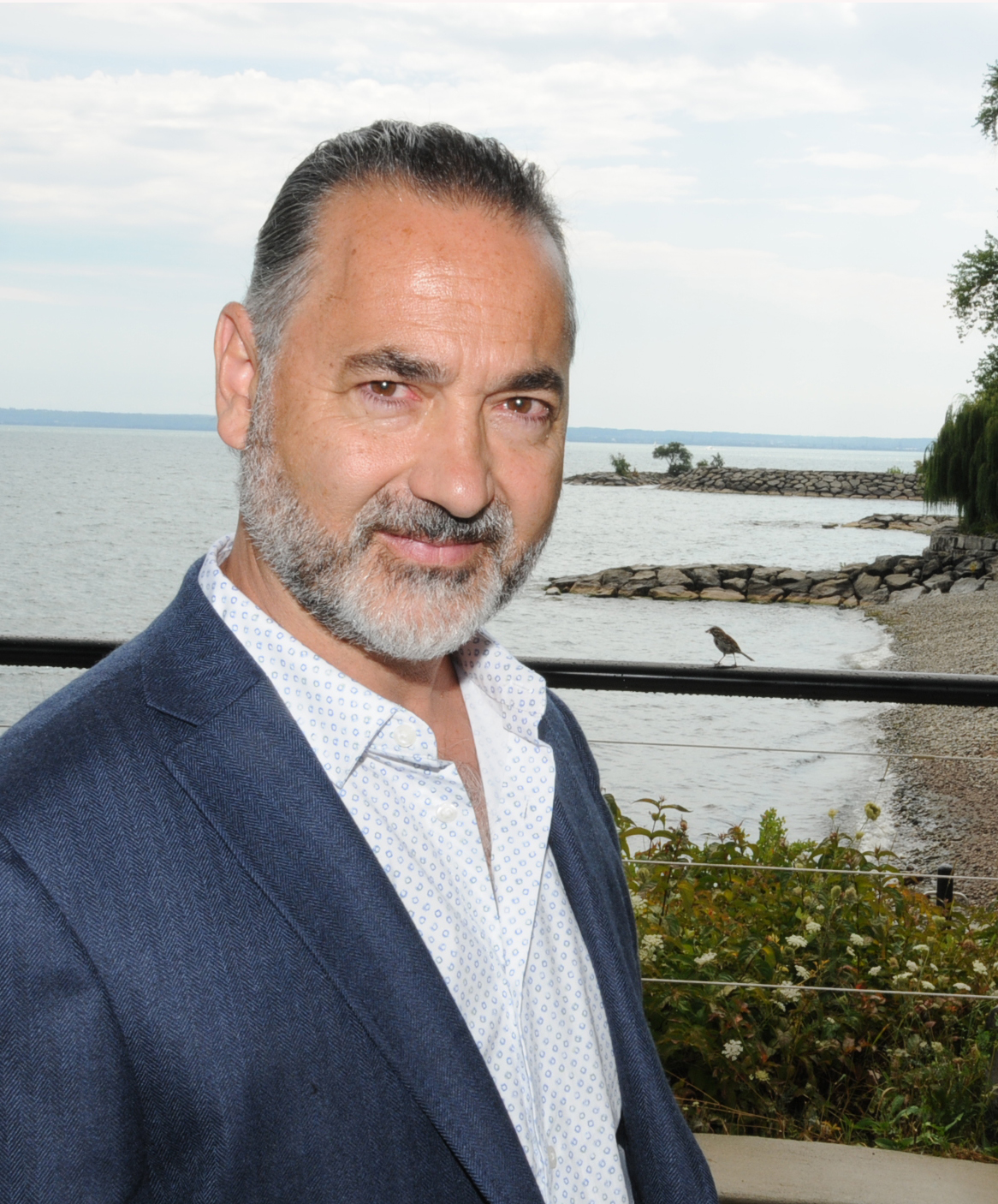Ever wondered if you’d like opera but don’t want to commit to a whole three-hour performance right off the bat?
Well, first of all, they’re not all three or more hours. Some are a very reasonable hour or two, and there are those that are even shorter.
Secondly, there’s a great opportunity on April 19 at Burlington Public Library’s (BPL) Central branch to learn more about opera — specifically, Verdi’s La Traviata — with a taster live performance as part of the library’s Lyrics & Poetry Festival.
This event is presented by Sabatino Vacca, the artistic director of Burlington-based Southern Ontario Lyric Opera (SOLO), and the live performance will be sung by Michael Robert Broder, who will be playing both Dr. Grenvil and the Barone Douphol in SOLO’s upcoming production of La Traviata at the Burlington Performing Arts Centre (BPAC).
Though Vacca finds it difficult to choose personal favourites, he ranks La Traviata as one of the top operas worldwide, noting that it is a perennial audience favourite. Other top picks that are performed globally in any given year are Puccini’s La Bohème, Mozart’s Don Giovanni, and Bizet’s Carmen. Part of the reason for their long-time popularity in these “works of great genius,” Vacca notes, is that you can always discover something new each time you hear them, with accessible, true-to-life characters whose stories resonate with audiences even today.
Vacca’s passion for opera is immediately clear, and he came upon it early: growing up in Hamilton, his Italian parents listened to opera at home, and he had “a lot of exposure to the vocal arts, the Neopolitan repertoire, stuff like that.” His father was an amateur musician, his mother sang in their church choir and other choirs, and his grandfather was a church organist — something that Vacca also does.
Piano was Vacca’s first love. He remembers tapping out melodies on the piano as soon as he could put two notes together, and went on to study piano, then harmony in his undergraduate degree in history and theory of music.
From there, came arranging and conducting. As well as being the founder and artistic director of SOLO, Vacca is the music director of the Cambridge Symphony Orchestra, where he has had the opportunity to present some of his own arrangements.
Vacca describes the job of a conductor is diametrically opposed to that of a composer, “kind of the nemesis of what a composer does…the composer puts things together on a page, but the job of conductor is to take that apart [and then] fit it together again to make sense of those notes on a page.”
Then, when the vocal performance aspect comes in, the performers bring yet another perspective to the composer’s work, such that in any two given performances of the same opera, even with the same cast, there is “always a different point of view…a different energy.” Each performance, Vacca says, “has a life of its own; it’s an alive, organic thing.”
Even people who spend years studying opera as an art form will always find something new to discover and learn in coming back to familiar works. Vacca describes this as a “lifelong exploration and discovery…a two-way thing that feeds and informs you and also what you bring to it from your experience will shape and inform what you do with it,” for conductors and performers alike. “It’s black notes on a piece of paper, but getting to the spirit of what the composers wanted, that’s a lifelong job,” involving interpretation and analysis — plus, of course, artistry.
For Vacca, his work with SOLO is not just about keeping the art form of opera alive, it’s about breaking down barriers, showing people that opera is not as intimidating as it may seem, fostering an interest in opera to a new audience. He encourages people who are new to opera to explore and engage with it, so they can see that “these works of art, created sometimes hundreds of years ago, are still relevant.”
Alongside full productions, SOLO also puts on community concerts and, pre-pandemic, talks at the library. For these, audience members are usually not die-hard opera fans; rather, they are often curious first-timers. Vacca often finds that these first-time opera-listeners usually surprise themselves by knowing some of the pieces that SOLO performs; people tend to know more opera than they think they do. And that breaking down of the initial barrier often results in people taking the next step: learning more about opera, getting tickets to a full production.
Before attending a full production, Vacca recommends getting to know a bit more about the opera you’re going to see first: “Listen to bits at a time…get to know the composer and the characters in the story.” Any learning you can do beforehand, he says, “will make for a better experience.”
And this BPL event can help you do just that. It’s about breaking down those barriers, talking about how La Traviata is still relevant all these years after it was first composed and performed (in 1853, if you’re interested). It will be, Vacca says, “La Traviata 101.”
A prelude, then, to SOLO’s full production of La Traviata at BPAC on May 13, a production that has been a year in the making, from preparing the music, to separate rehearsals for the orchestra, for staging, and for the chorus, to putting it all together.
As Vacca notes, “The great works stand the test of time,” and La Traviata is one of those great works. If you’re not convinced yet, Vacca is sure to convince at the Lyrics & Poetry Festival event on April 19.




